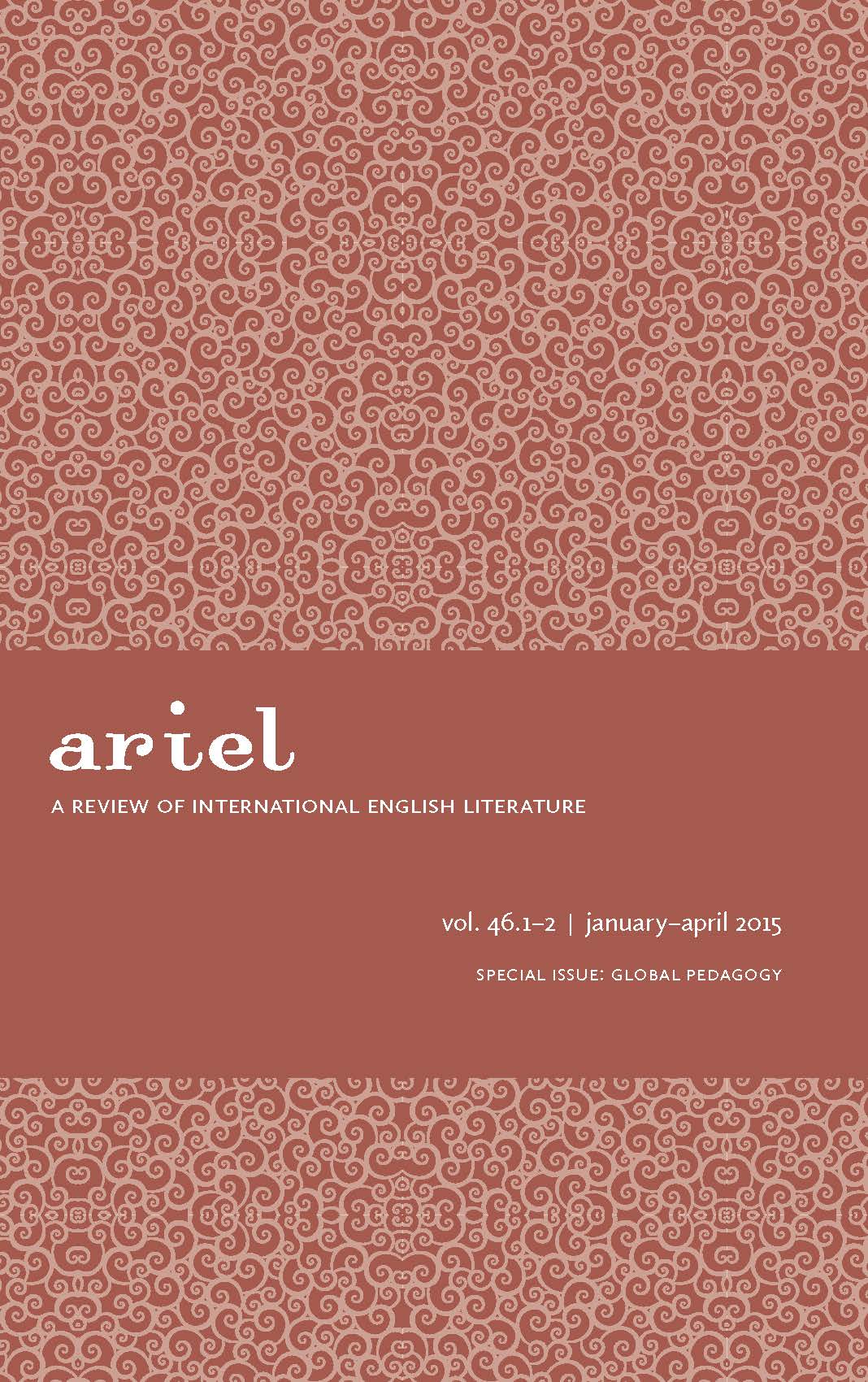Buried History and Transpacific Pedagogy: Teaching the Vietnamese Boat People's Hong Kong Passage
Keywords:
Asian American Literature, Vietnam War, Refugees, Hong Kong, PedagogyAbstract
Hong Kong received 223,302 Vietnamese ‘Boat People’ beginning on May 3, 1975. The last camp in Hong Kong, Pillar Point refugee camp, was officially closed on May 31st, 2000, over 25 years after the end of the Vietnam War. The residuals of this violent past continue to haunt the collective memory of the Vietnamese in the diaspora, yet the Boat People’s “Asian passage” remains an untold chapter of Hong Kong’s national history. Exploring the complex relationship between global compassion fatigue, the camp state of exception, and storytelling as a refugee tactic, Vietnamese American writer Andrew Lam’s “The Stories They Carried” recounts the experience of Vietnamese refugees abandoned in Hong Kong throughout the 1980s and 1990s, in extra-territorial limbo between Vietnam and the West. This paper will discuss the experience of teaching Lam’s story to students in the local Hong Kong context, where refugee and asylum seeking policy continues to be a highly charged political topic. I consider the ways in which Lam’s text bears pedagogical resonance across the Pacific, arguing that the teaching of this piece constitutes the remembering of a missing chapter in both the Vietnamese American narrative and the history of Hong Kong.


